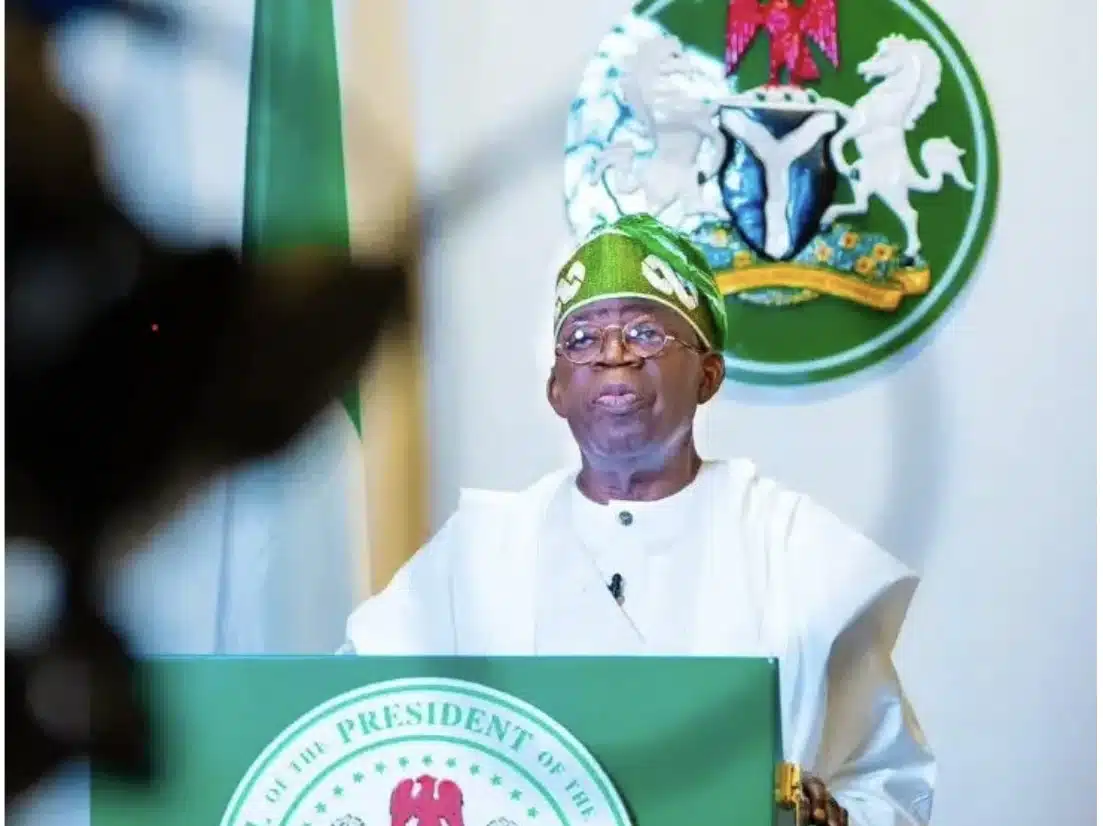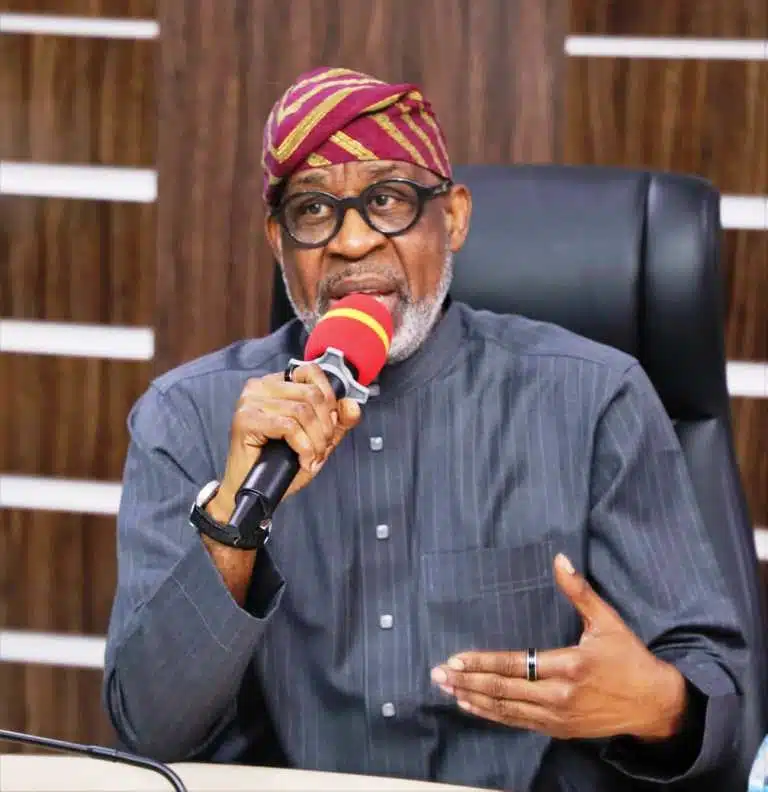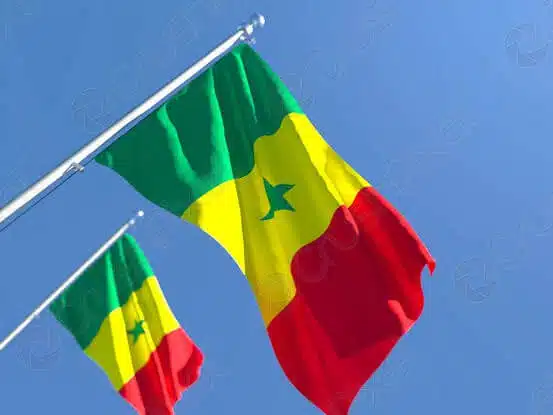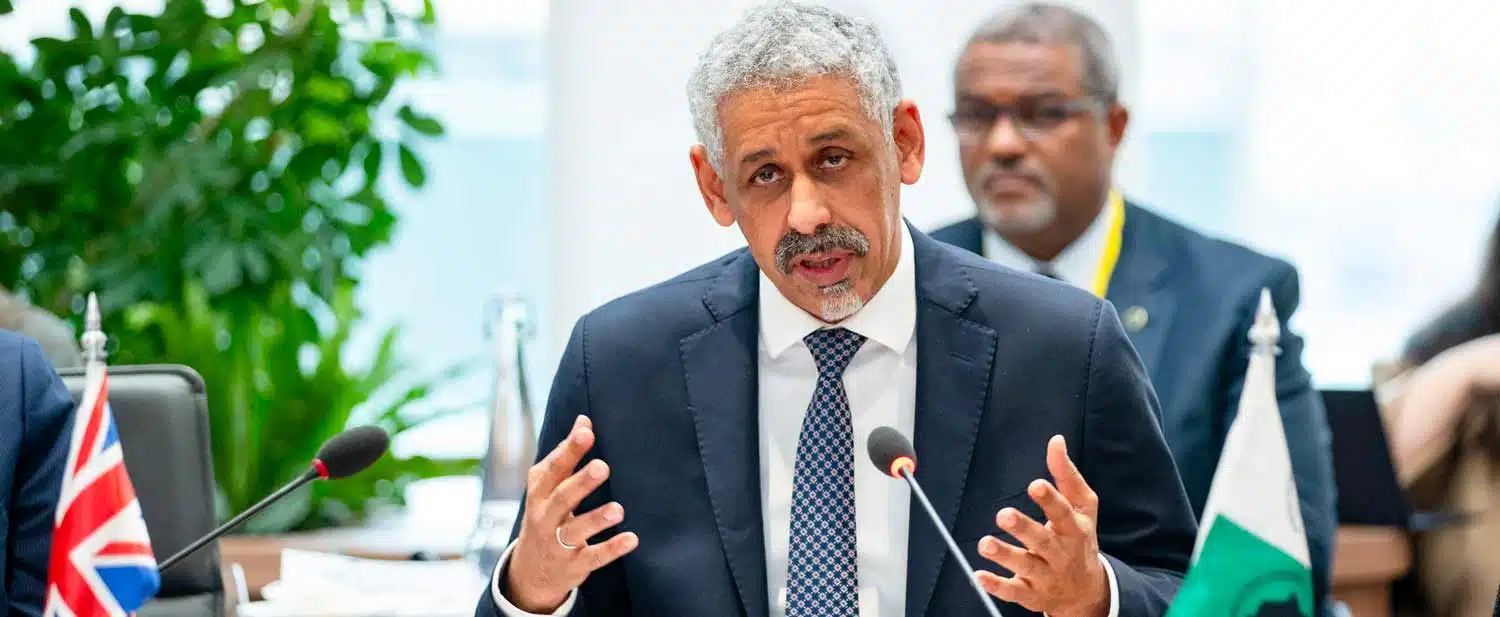Nigeria’s president, Bola Tinubu, has asked the National Assembly to approve a combined $2.8 billion in external funding, including the country’s first sovereign sukuk issue on the international market, to help plug the 2025 budget deficit, refinance maturing Eurobond debt, and attract new international capital.
The request, contained in a letter dated 22 September and read to lawmakers by the House Speaker, Abbas Tajudeen, on Tuesday, included $2.3 billion in new external borrowing alongside a $500 million sukuk issuance.
According to the letter, about $1.23 billion of the borrowing is already provided for in the 2025 Appropriation Act, while $1.12 billion will be used to refinance the Eurobond maturing on 21 November 2025. The bond, issued in 2018 at a coupon of 7.625 per cent, forms part of Nigeria’s outstanding $17 billion-plus Eurobond stock, based on the latest data quoted by the country’s debt office.
Tinubu said the refinancing would be carried out through a mix of instruments, including Eurobonds, bridge financing from bookrunners, syndicated loans, or direct borrowing from international financial institutions, to avoid default and safeguard the country’s good reputation with domestic and foreign investors.
“Being a regular issuer in the international capital market, I remain confident we can raise the proposed fund, subject to market conditions,” the president wrote.
The West African nation’s latest domestic Sukuk bond, issued in May 2025, targeted to raise ₦300 billion ($193,234) for infrastructural projects across the country, was oversubscribed by over 735%, underscoring a clear investor appetite for the country’s capital market.
“ The Series VII Sovereign Sukuk, through which the Debt Management Office (DMO) offered ₦300 billion ($193,234), on behalf of the Federal Government of Nigeria (FGN), recorded an unprecedented subscription level of over ₦2.21 trillion ($1.42 billion). This represents an excess of 735% subscription,” the DMO statement noted.
Against this backdrop, the president also proposed a wild ambition: to issue a $500 million sovereign Sukuk, the first on the global market, aimed at diversifying funding sources and tapping into the Islamic-finance capital pools.
He added that Nigeria has been raising debt through domestic Sukuk since 2017, successfully mobilising a total of ₦1.39 trillion ($895.32 million) between 2017 and May 2025 to fund key road infrastructure projects across the country.
He argued that expanding into the international market is essential to boosting domestic funding and driving the delivery of critical yet insufficient infrastructure.
The new sukuk would be offered in international markets “with or without credit enhancement” from multilateral agencies, notably the Islamic Corporation for the Insurance of Investment and Export Credit (ICIEC), a member of the Islamic Development Bank (IsDB) Group.
According to the president, the ICIEC has indicated willingness to guarantee the issuance. If adopted, 25 per cent of the sukuk proceeds would go toward repaying high-interest debt, with the remainder allocated to pre-identified development projects.
“This credit-enhanced approach is expected to improve investor appetite and reduce overall borrowing costs,” he said.
Lawmakers are expected to debate the president’s request in the coming weeks. Market participants say early clarity on parliamentary approval and issuance timelines will be crucial to reassure investors and avoid heightened volatility.
Note: The figures have been converted using the official average exchange of ₦1,472.165 as of October 7, 2025 and ₦1,552.52/$1 as of the first half of 2025.











